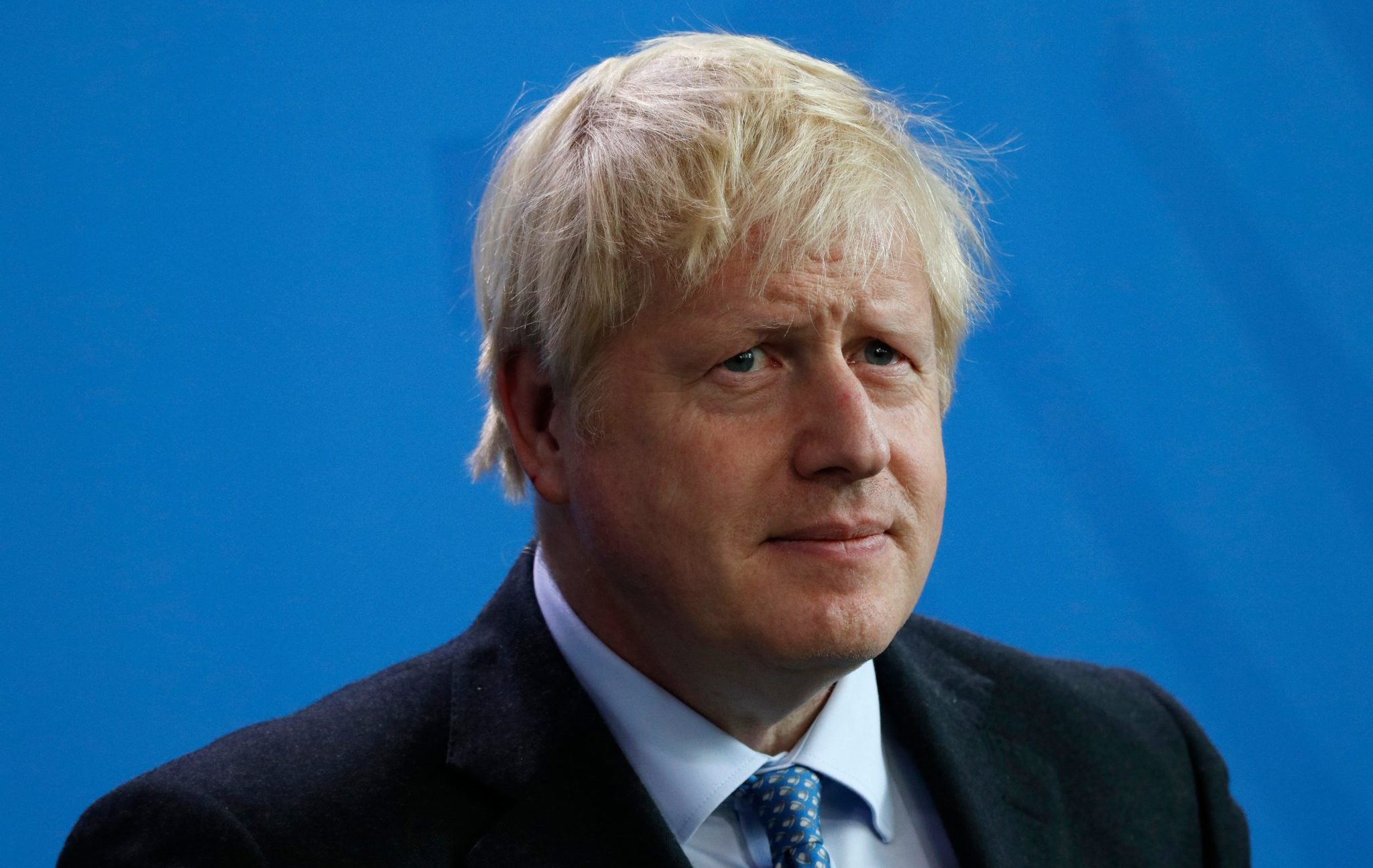Britain Rolls Back Vax Mandate

It’s the end of mask mandates, vaccine passports, and work-from-home for England, as British Prime Minister Boris Johnson announced Wednesday that Brits can finally return to the office and some sense of normalcy. Attributing this more relaxed approach to the Omicron variant having reached its peak and begun to decline, Johnson said the government will no longer mandate masks anywhere, including classrooms and public transportation, beginning tomorrow. Vaccine passports and work from home recommendations will end next Thursday, January 27.
The current Covid guidance, called “Plan B,” was already set to expire after January 26, making Johnson’s move more like a follow through, rather than a change in plans. Plan B restrictions included a mask requirement in all public indoor spaces, vaccine passports in nightclubs and large venues, including the National Health Service, and a recommendation that all U.K. citizens work from home as much as possible. The only Plan B requirement which will remain after Thursday is the requirement to self-isolate if you test positive for Covid-19.
England’s caseload of the seasonal virus has declined steadily since December, yet just two weeks ago, Johnson said it would be “folly” to think the pandemic was near over, and England must continue masking and working from home. The prime minister credited a successful booster shot campaign and the public’s compliance with mandates for the declining Omicron variant.
Shortly after Johnson announced the Plan B guidance in December, thousands of British citizens gathered in London to protest the Covid restrictions, particularly the vaccine passport requirement at the NHS. Johnson has been embroiled in political scandal, meanwhile, for having attended numerous political parties while the rest of the nation was under lockdown during the early days of the pandemic, including one the night before Prince Phillip’s funeral, while Queen Elizabeth mourned her husband in isolation.
Business owners lauded the prime minister for easing the restrictions.
“There’s a vital need now for greater consistency in how we live with the virus in the longer term. Swinging back and forth between restrictions and normality has been damaging,” Matthew Fell, the chief policy director of the Confederation of British Industry, told the Telegraph.
It’s a well-overdue step for any democratic nation to take, especially in light of an increasing number of studies demonstrating that most masks do next to nothing to stop the spread of virulent diseases, much less the highly-transmissible Omicron, and—more importantly—the prevalent strain’s remarkable mildness. Clearly, Johnson himself wasn’t too concerned about contracting the virus from the beginning, making his ongoing Covid restrictions for the rest of the nation look insincere at best.
Still, England may be the first democratic nation to backtrack its vaccine passport system. However stealthily the rollback was ensconced within the other Plan B guidelines, and however flimsy the assurance that another wave of a still-milder variant won’t plunge the nation backward yet again, a victory is a victory, and the free people of England should rejoice. If the United States isn’t watching, at least other European nations should be, to see what it looks like when a government attends the voice of its people.